Same Day Shipping EMI & COD on most products
Trusted Partner Since 1969
GST B2B Billing  Help
Help  00919699976817
00919699976817
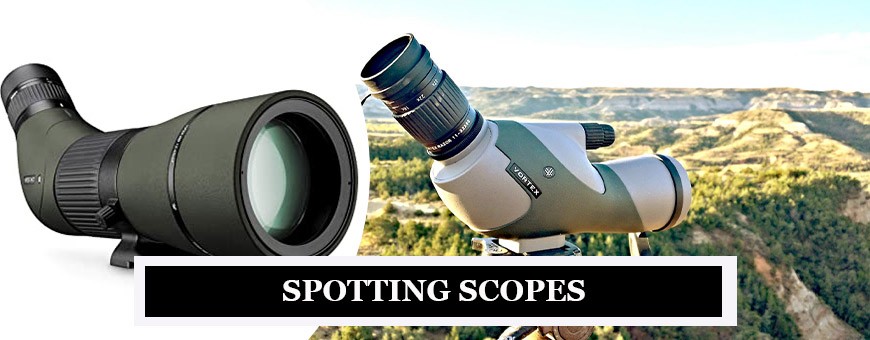
Showing 1–24 of 28 results
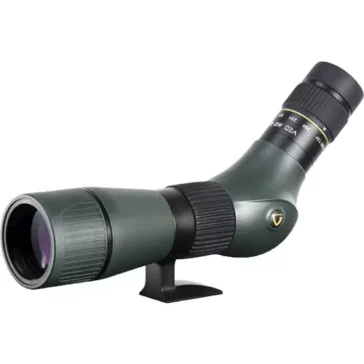

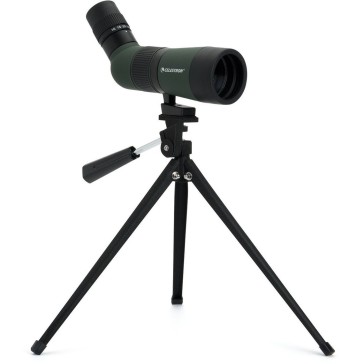
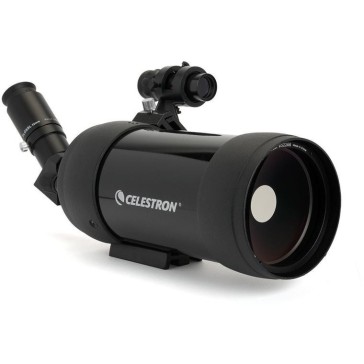
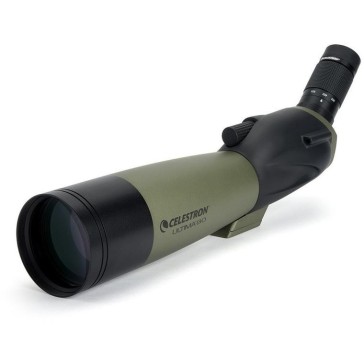
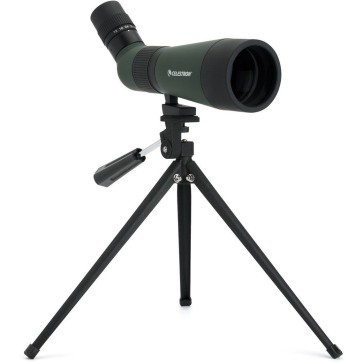
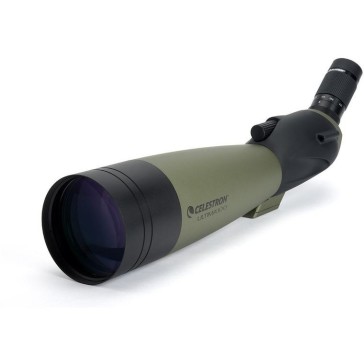
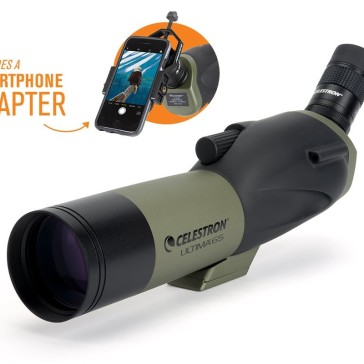
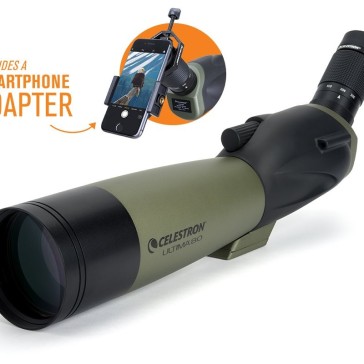
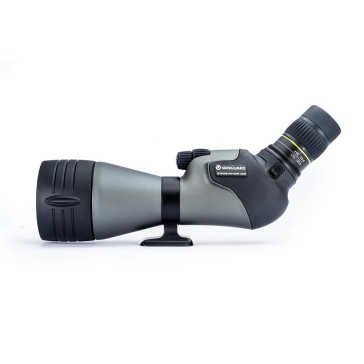
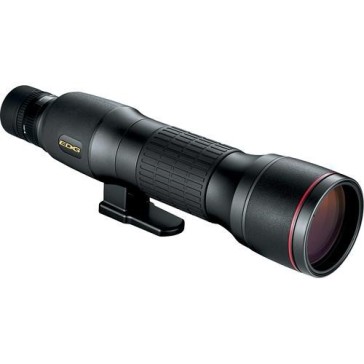
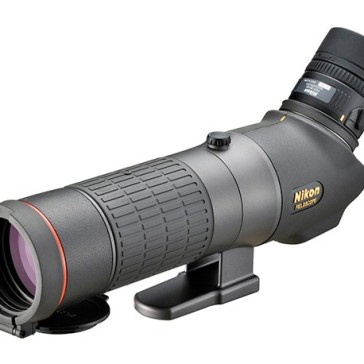
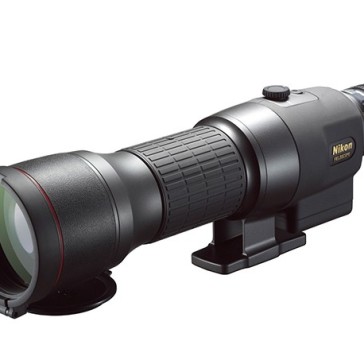
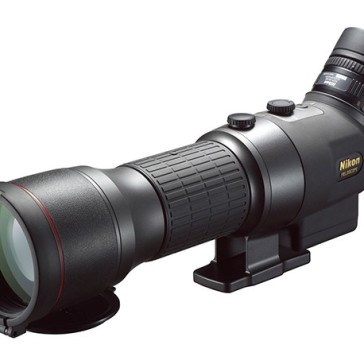
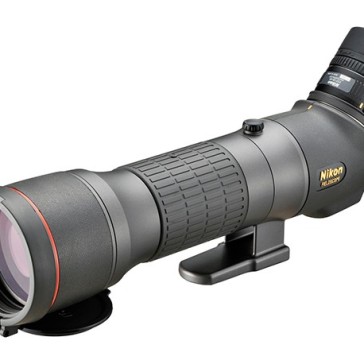
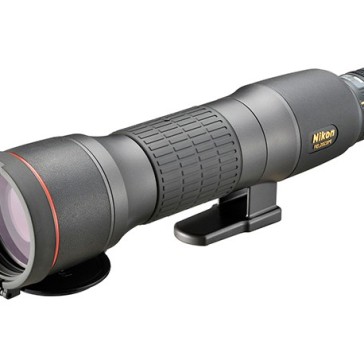
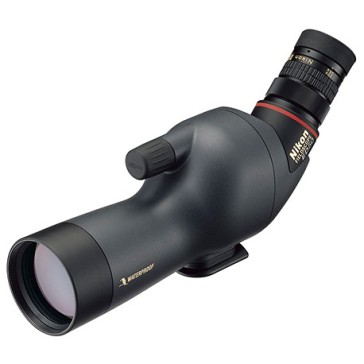
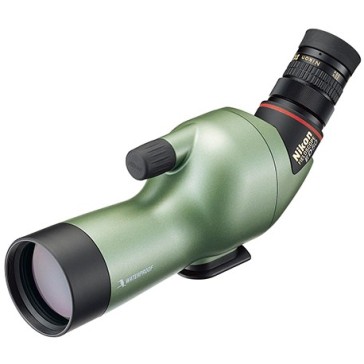
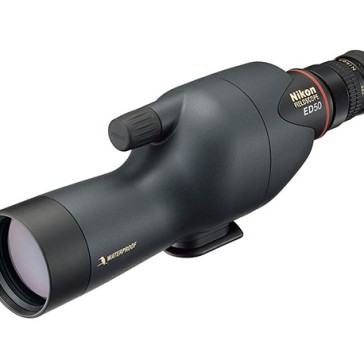
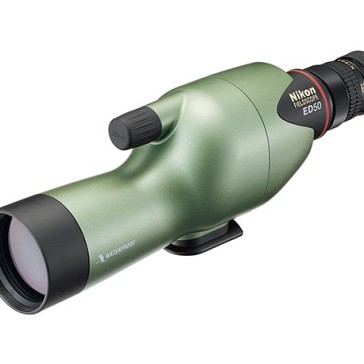
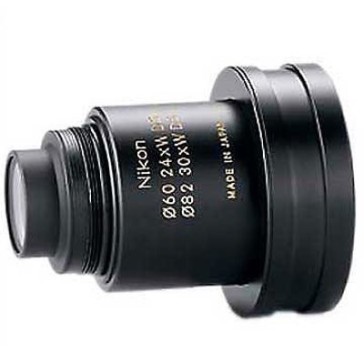
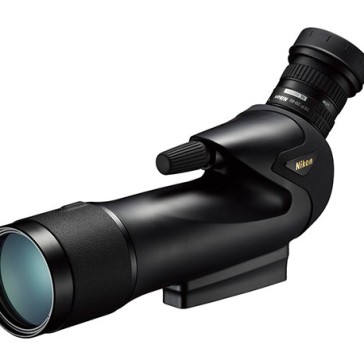
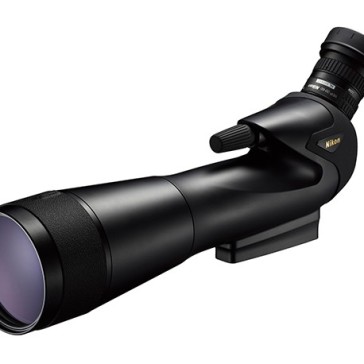
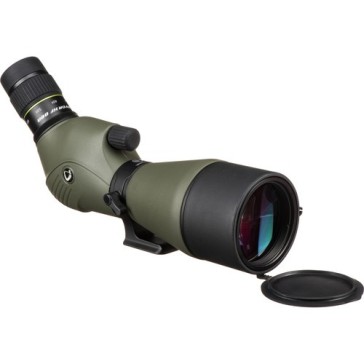
Spotting Scopes: A Comprehensive Guide for Enthusiasts and Professionals
In the vast realm of optical instruments, spotting scopes hold a special place. These devices bridge the gap between binoculars and telescopes, offering the best of both worlds. Whether you’re a birdwatcher, a hunter, or an astronomer, spotting scopes can significantly enhance your observational experience.
1. Understanding Spotting Scopes:
Spotting scopes are compact telescopes designed primarily for terrestrial observing. They offer higher magnification than standard binoculars, allowing users to view distant objects in greater detail. With their angled eyepiece, they provide a comfortable viewing angle, especially when observing objects in the sky.
2. Key Features to Consider:
Magnification: Spotting scopes come in various magnification ranges. Depending on your requirement, you can choose one that fits your needs.
Objective Lens Diameter: A larger objective lens allows more light, ensuring brighter and clearer images, especially in low-light conditions.
Field of View: This determines how wide an area you can view through the scope. A broader field of view is beneficial for tracking moving objects.
3. Benefits of Using Spotting Scopes:
Detailed Observation: Whether you’re observing birds, wildlife, or celestial objects, spotting scopes provide a detailed view, allowing you to notice nuances that might be missed with binoculars.
Portability: Despite their powerful magnification, spotting scopes are compact and portable, making them perfect for field trips and outdoor adventures.
Versatility: With the right accessories, spotting scopes can be used for photography, allowing you to capture distant subjects with clarity.
4. Caring for Your Spotting Scope:
Maintaining your spotting scope is crucial for its longevity. Ensure it’s protected from dust and moisture. When not in use, store it in a protective case. Regularly clean the lenses with a soft cloth to maintain image quality.
5. Spotting Scopes vs. Telescopes:
While both instruments are designed for distant viewing, spotting scopes are more versatile and portable, making them suitable for a variety of outdoor activities. Telescopes, on the other hand, are primarily designed for astronomical observations.
In conclusion, spotting scopes are invaluable tools for anyone keen on observing distant objects. Whether you’re into birdwatching, hunting, or stargazing, a good spotting scope can significantly enhance your experience.
Spotting scopes are versatile optical instruments primarily used for terrestrial observations. They are popular among birdwatchers, hunters, and nature enthusiasts for viewing distant objects in detail. They can also be used for basic astronomical observations and, with the right accessories, for photography.
Spotting scopes offer higher magnification than standard binoculars, allowing for more detailed observation of distant subjects. They also typically have a larger objective lens, providing brighter and clearer images. The angled eyepiece in spotting scopes offers a comfortable viewing angle, especially for skyward objects.
Yes, spotting scopes can be used for basic astronomical observations. While they may not provide the same level of detail as specialized telescopes, they are suitable for viewing the moon, planets, and some brighter star clusters.
To ensure the longevity of your spotting scope, protect it from dust, moisture, and physical shocks. Regularly clean the lenses with a soft, lint-free cloth. When not in use, store the scope in a protective case to prevent potential damage.



Most units are shipped same day using professional courier services with tracking.
We work round the clock to ensure you get the highest level of customer satisfaction.
Well packed, Sealed Units are shipped from our warehouse which are waterpoof & sturdy.
Design Info
GST: 27AYUPJ2628P1ZK
No.1, Saremals, Shastri Hall Building,
Nana Chowk, Grant Road West,
Mumbai 400007, Maharashtra, India
New Delhi Branch – South Ex 2, 110049
Also Ships DAILY from Brisbane, Dubai,
Berlin, Barcelona, Detroit & Vancouver.
Connect online / schedule a demo
Call/WhatsApp: +91-9699976817
Email: [email protected]
Live Chat: Business Hours
Follow Us: @designinfo.in
Copyright © 2014-2022 Design Info All Rights Reserved. Feedback on web experience
Since 1969